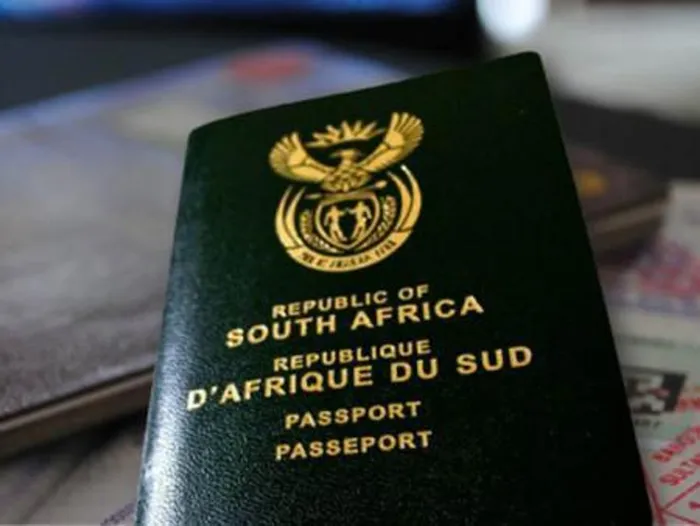Whistleblowers link senior officials to Durban passport mafia
fraud

At least five incidents of theft have taken place at the two Home Affairs offices in Durban.
Image: Supplied.
SENIOR officials have been implicated in a passport theft and illegal sales syndicate operating from two Home Affairs offices in Durban.
The Independent on Saturday received an anonymous tip-off last month after its story about Durban student Anvir Chunilall, who discovered his passport had been stolen when he went to collect it from the Umgeni Road Home Affairs office. Chunilall said he was told at the time that “an entire batch of official documents had gone missing.” He described the situation as alarming and said it raised serious concerns about the security and integrity at Home Affairs offices.
Shortly after the story was published, whistleblowers reached out and alleged that senior provincial Home Affairs officials were part of a syndicate which orchestrated the theft and sale of passports belonging to South African men of Indian descent. They claimed these were sold for huge amounts to foreigners who were mainly from Pakistan and Bangladesh. According to the whistleblowers, at least 100 passports have already gone missing since the fraudulent activities started last year, while the lock to the passport storage facility had been broken and had still not been fixed.
Yesterday the Department of Home Affairs confirmed that its Counter Corruption and Security Services Branch as well as the police were investigating five incidents of passport theft reported from the Umgeni Road and Commercial Street offices in Durban. It said that the first recorded incident of passport theft occurred in August 2024.
“At this stage, the Department does not have any information that implicates senior officials in relation to the theft of passports in Umgeni and Commercial Street offices,” said spokesman Siya Qoza. He urged anyone with information to come forward saying that the Department would investigate all reported allegations.
When questioned about existing controls to avoid fraud, Qoza said that all documents were stored in lockable facilities. “Each document is recorded once it is received and when it is issued to the owner. These measures were in place in the two offices. The Department enhances its security procedures on a regular basis.” said Qoza.
Stolen passports, he said, were flagged with Ports of Entry and the Department had case numbers for the incidents reported to the police. Interpol was also informed. “All passports are activated through the fingerprints of the owner. This makes it difficult for anyone to use them if they were not issued through the correct processes.”
According to Qoza, each passport application was initiated by the owners’ fingerprints and photos. The same fingerprints and photos are required to activate the passport when collected, ensuring traceability.
The activated passports were also on the Department's databases, which made it possible for them to trace the documents.
Qoza stressed the Department’s zero-tolerance stance on corruption, which is why all reported allegations were investigated.
“We investigate all allegations to protect the integrity of our documents and restore public confidence.
Fraudulent activities have long been a struggle in the Department and several measures have been put in place to root out any criminal activities. He said Home Affairs regularly informed the public about its successes in disciplining its officials who were charged with misconduct.
In addition to this, the Department had also publicly communicated that it had embarked on a digital transformation agenda where most of its processes would be digitised. Qoza said by digitising its processes the instances of “human discretion” would be minimised.
Yesterday he appealed to anyone with information to come forward saying that the Department adhered to the provisions of the Protected Disclosures Act.
“This affords protection to the heroes who provide valuable information about crime and misconduct in the Department. The Department values whistle-blowers. It also has the Policy on the Reporting of Unethical Behaviour, Misconduct and Corruption that encourages officials to speak out against fraud and corruption and outlines available protection to those who report. This policy is regularly revised to take into account latest developments in the area of protecting whistle-blowers,” said Qoza.